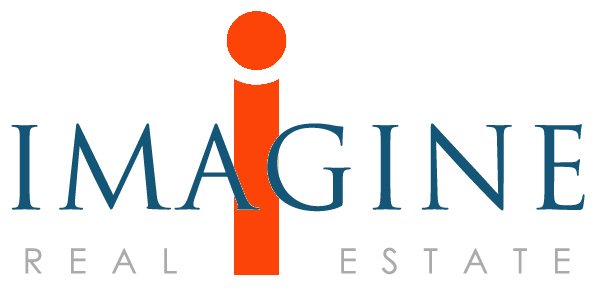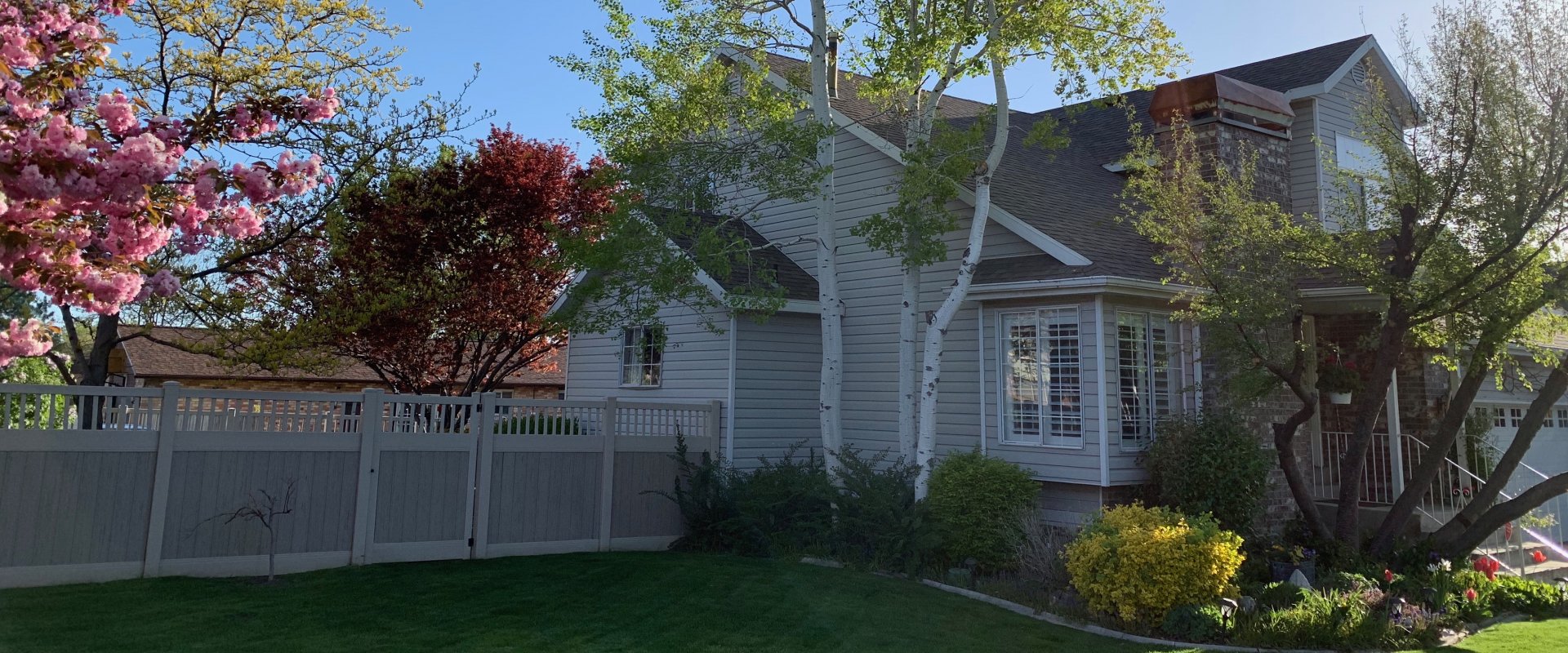
You made an offer on that new home, and the seller accepted it. It’s an exciting time. But hold on a minute. There are several more steps in the purchase process before you get to the closing table and sign the dotted lines. One of the major remaining steps is the inspection. And, typically, the inspection will discover problems with the home, both major and minor, that call for repairs. Then, as a buyer, you’ll have to negotiate these repairs with the seller and/or her agent. So let’s see what Murray Taylorsville homebuyers need to know about negotiating repair costs.
Common Inspection Issues
First, you need to be aware of the common problems and issues that inspections typically uncover. After all, your tactics for negotiating repair costs will depend in large part on what you find during the inspection. Below are some of the most common inspection issues:
- Plumbing problems such as leaking faucets and low water pressure
- Mold and mildew, usually in bathrooms and basements
- Improper grading, which often results in water in the basement and/or water standing in the yard
- Wiring problems and hazards such as faulty outlets, open junction boxes, and circuit overloads
- Roof issues such as missing shingles, improperly installed flashing, and/or low spots
- Foundation problem, which can be very expensive to put right
- Problems with the HVAC system
But don’t panic if the inspector finds any minor problems or even some of these problems. It’s only the big, expensive problems that should be a concern and a reason for negotiations.
“Most houses,” industry pros say, “won’t pass a home inspection without presenting with at least a couple of issues. Most of the time these issues will be relatively minor since otherwise the seller likely would have known about it before putting the home on the market. It’s important to note that not all issues warrant negotiations. When you negotiate repairs after a home inspection your goal is to get any major problems taken care of – particularly things that might have had an impact on your decision to purchase the home or the offer that you made.”
What to Expect and What to Consider
Next, before you actually jump into negotiating repair costs, you need to know what to expect and what to consider. Sellers are usually willing to negotiate on the larger problems, but not so much for smaller issues.
“Generally, sellers may be willing to negotiate on major issues, such as a leaky roof, a cracked foundation, electrical problems, or other items that pose a safety hazard or come with a high repair bill. That’s in their interest, since your lender may not approve your loan if the home has structural defects, serious safety hazards, or building code violations. Sellers will be less likely to budge on aesthetic or superficial items that don’t impact the overall fortitude of the house. However, they might be more flexible if the home has been on the market for some time, or the local housing market is soft.”
In addition, sellers usually won’t be willing to negotiate when it comes to issues/problems that “were visible or known before you made your offer on the home.” Your Murray Taylorsville agent can help you sort through these issues and determine which ones are susceptible to negotiations and present a good chance of success. To discover more about this, just call (801) 755-3865.
Further, before you and your agent enter into negotiations, you should consider the following in determining the best way to proceed:
- How much you want the house
- Local market conditions
- The severity of the problem(s) and the cost of repairs
- Your budget for this
- Future plans for remodeling/renovation
- How long the home has been on the market
Your Options
Also, when it comes to negotiating repair costs for a Murray Taylorsville home, you need to know what your options are . . .
- Getting the seller to fix problems before closing – This is the most common(and often the best) option because it “shifts responsibility for repairs to the seller.”
- Requesting price reduction – This may be a better monetary option for buyers. But the problem here is that the buyer may have a much different idea of what repairs will cost than you do, so be sure to work closely with your agent if you choose this route.
- Seeking alternative compensation – “You may choose to barter as a way to negotiate repairs after a home inspection – for example, asking the seller to leave behind some furniture or appliances that they were planning to take to account for the added expense of repairs.”
- Asking for a home warranty – This option isn’t suitable for all inspection issues but does have its applications, especially for appliances and major home systems like plumbing, electrical, and HVAC.
Things to Keep in Mind for Negotiating
Now, when you get down to the nitty-gritty of negotiating repair costs, you need to go into it with an open mind and a willingness to compromise to some extent. And here are a couple of things to keep in mind in this regard.
Don’t go into it operating under the assumption that you’ll get everything you ask for. “While you certainly might, it’s always possible the seller won’t be willing to comply with requests. Know exactly what your deal breakers are so that if you don’t get what you’re asking for you know when to walk away.”
Also, be sure to look ahead and try to think long-term. “If, for example, you’re planning to do a kitchen renovation in the next five years, then it probably isn’t worth it to go back and forth about an outdated dishwasher or wonky cabinetry. If it’s something you intend to take care of in the near future anyway, just plan to live with it for a little bit until you do.”
The Starting Point for Negotiating Repair Costs
As we’ve indicated, the starting point for negotiating repair costs is determining exactly which of the problems the inspection identified are really the effort and time of negotiating. Some requests are reasonable and worth pursuing, and some aren’t.
So begin by consulting your Murray Taylorsville agent. “You and your agent are going to want to choose what fixes are most important to you. Once you have narrowed down your list of requests, your [agent] will present them to the seller’s agent.”
The Agent Advantage in Negotiation Repair Costs
After the inspection, negotiations typically go fairly smoothly – but not always. And that’s why you need an experienced Murray Taylorsville agent in your corner: to help you get the needed repairs when the seller isn’t really willing to cooperate. For successfully negotiating repair costs, then, contact us today at (801) 755-3865.

